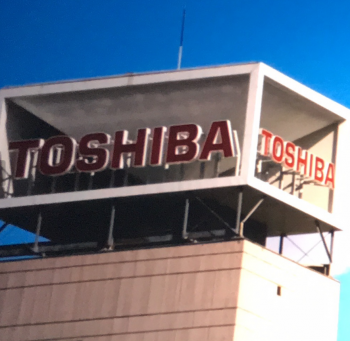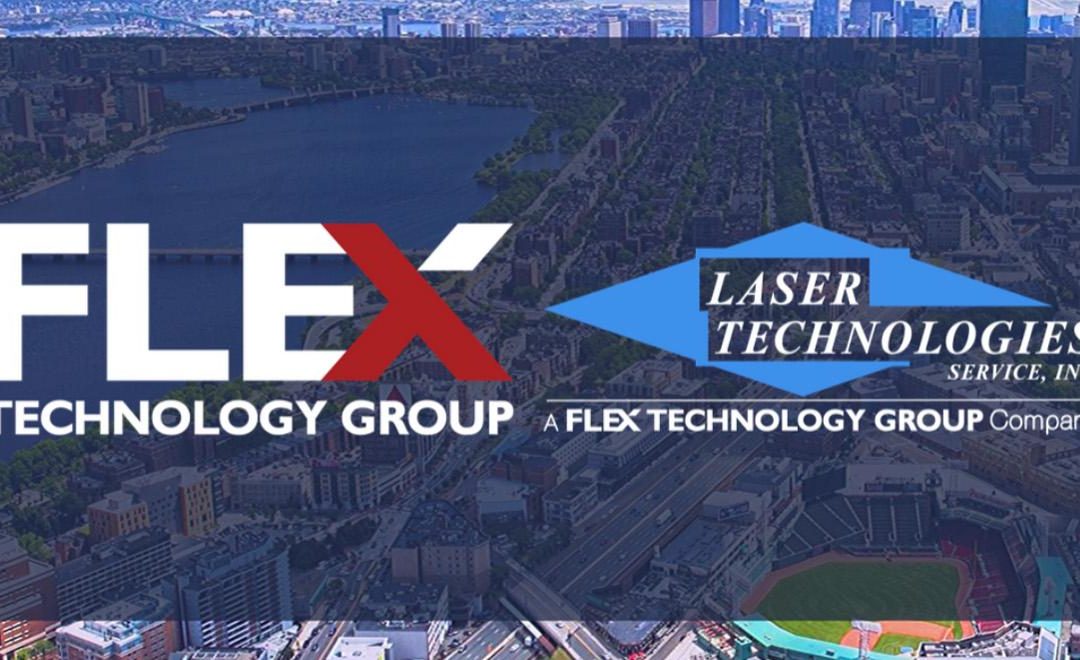 Toshiba’s efforts to sell Toshiba Memory to the Bain Capital-led consortium are being held up on antitrust grounds.
Toshiba’s efforts to sell Toshiba Memory to the Bain Capital-led consortium are being held up on antitrust grounds.
According to the OEM, “certain conditions relating to required antitrust approvals” have yet to be met, despite the company originally hoping to close the deal by the end of last month; it has now set a revised target completion date of the end of April 2018 – “or later.”
Antitrust reviews “ended smoothly” in Japan, the United States, and elsewhere, according to Nikkei Asian Review, but are being held up in China, where audits usually last around four months. Yet despite starting the process in December, the screening continues.
This is partly due to the strictness of the nation’s antitrust laws, which specifically target companies generating certain levels of sales in the mainland, as well as globally. Nikkei reports that “trade friction between the US and China” could also be affecting progress, with questions over “whether Beijing will sign off on a deal that benefits one of America’s top private-equity funds.” President Trump’s “punitive” import tariffs on Chinese goods could also present a hurdle. Additionally, central to the deal are semiconductors, which is an industry China is attempting to build up itself, “to reduce the country’s dependence on foreign chipmakers.”
Despite the delay, Toshiba’s President, Satoshi Tsunakawa, insisted that the company saw “no problem with the screening itself,” and was content to wait in patience for the result.
Describing the OEM as “still on shaky financial ground,” Nikkei claims that Toshiba’s creditor banks remain “disinclined to let the sale fall through.” It also speculates that “Toshiba and Toshiba Memory may have to adjust their investment strategies if the transaction remains in limbo for the long term.”
However, in an interview with the company’s new CEO, Nobuaki Kurumatani, the incoming helmsman stated the OEM was still aiming “for a speedy sale.”
Kurumatani also described Toshiba’s five-year restructuring effort, in its bid to fill the ¥100 billion ($934.1 million/€757.7 million) hole left by the sell-off of its memory unit. Nikkei report that the OEM is seeking to reposition its social infrastructure business as a growth segment, despite the market in Japan being “saturated.”
“We need to fortify basic business capabilities,” explained Kurumatani. “I wish to unify hardware and software and shift to continuous-account-type businesses.”
The company is also re-evaluating its corporate governance, installing outside members of many of its board seats and reducing the number of executive officers from 23 to 15.
Progress is also being made in distancing the company from Westinghouse, its “troubled” nuclear operation. “I think it was the right decision to exit from overseas,” Kurumatani said. “The nuclear business contains huge risks that one company cannot control.”
Although company personnel are currently remaining optimistic over the indefinite antitrust delay, clearing this obstacle remains essential, with the sale expected to be the difference between Toshiba ending the financial year with negative equity for shareholders, for the second successive year – an eventuality which would potentially trigger delisting from the Tokyo Stock Exchange.








